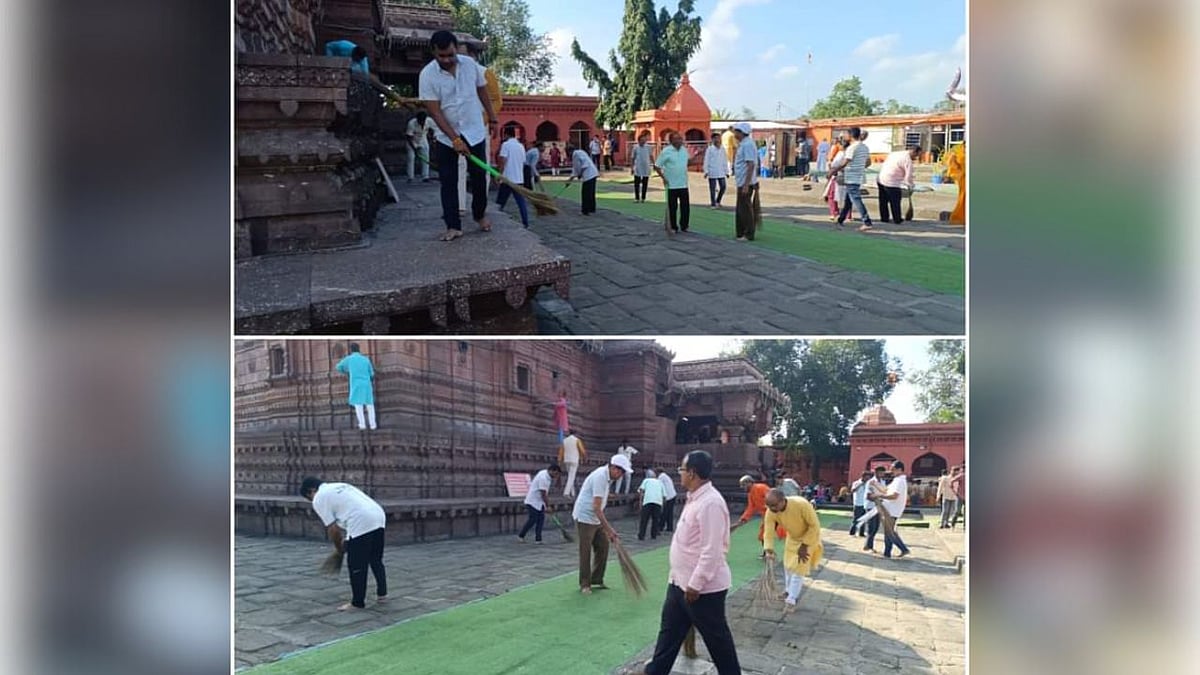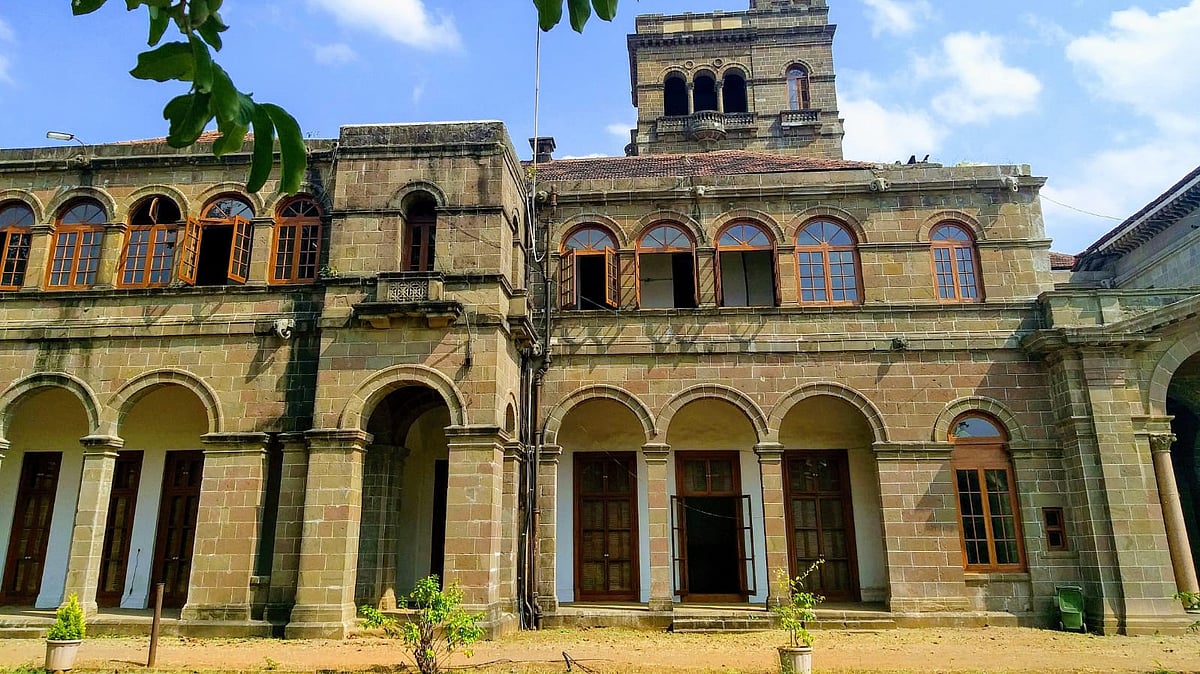What was happening…not happening for the last seven decades has finally happened and the five-member bench of the Supreme Court comprising all seniormost SC judges has given a verdict by which the disputed land of the Ram Janmabhoomi has been awarded to Hindus with a condition to provide for five acres of land in the nearby locality to the Muslim community for construction of their mosque.
The Bench also directed the Union Government to create such a mechanism through which these orders are followed. This long-awaited judgement has come as a sigh of relief and joy for the millions of Hindus across India.
A few Muslims did express their unhappiness and reservations over the verdict, which is to be expected. However, in general, the SC verdict has been received by joy and happiness by millions of Indian Muslims.
The general feeling is that the SC's five-judge constitutional bench finally staunches the bleeding cut that was the contentious Ram Mandir/Babri Masjid case. It gives an unambiguous nudge to reconciliation between Hindus and Muslims. And closure.
Two important implications
Two important political implications for the Indian republic are immediately apparent.
The first – all political parties and leaders including the ruling BJP avoided using the judgement to grandstand and signal victory, which effectively means the end of the "Ram Mandir" as a popular issue to whip up sentiment. Second, Mohan Bhagwat, the chief of the Rashtriya Swayamsevak Sangh (RSS) and the paterfamilias of the Sangh Parivar, addressing a press conference after the verdict, said categorically that the "RSS is not meant for launching agitations, it believes in character-building." This is hugely significant because the RSS had given wings to the Ram temple campaign.
Bhagwat made it clear that for now Kashi and Mathura (which were part of the trio of agitation for the Sangh Parivar) were off the table. This and the emphasis of Bhagwat, along with Prime Minister Narendra Modi and Home Minister Amit Shah-the current ruling trinity of the Sangh-that the verdict was not a matter of celebration, was a reconciliation signal to India's Muslims.
Even the opposition sought to end the Ram temple as a political issue with the Congress welcoming the Supreme Court verdict after a working committee meeting.
The rare consensus between the ruling party and the opposition actually highlights the contentious nature of the issue. A BJP minister told me after the verdict:
"It is good that the Supreme Court has given closure. We in the BJP realise that such issues have the potential to be so divisive that it would require another decade for closure."
Rich coming from a party that virtually rode to power on the Ram Rath (chariot), but significant if it ensures that the BJP does not make majoritarian grievance and a persecution complex an election issue.
One of the leaders of the original Ram temple agitation broke down when I spoke to him but he too said the dispute should not be used for majoritarian muscle-flexing.
So what does the judgment mean? Going by the subdued reaction from the Sangh Parivar and even their satellites such as Baba Ramdev and Sri Sri Ravi Shankar, the BJP post Kashmir wants reconciliation to top the agenda.
LK Advani, the original Rath Yatri who had memorably called the destruction of the Babri Masjid the "saddest day of my life", had perhaps sensed that the Ram Mandir as a political issue ended the day the mosque was pulled down.
Advani chose to keep quiet on the day of the verdict. On the other hand, both Ramdev and Sri Sri Ravi Shankar almost gave a choreographed, careful reaction welcoming the verdict and hoping for peace.
The Supreme Court, by calling the destruction of the Babri Masjid unlawful, also sought to draw a line in the sand about the violent movement. Senior BJP leaders say while the government will ensure that a grand temple is built in Ayodhya, the party will still tread cautiously on the subject and not seek political capital.
Though it is early to claim, Shah had sent a stern message to the cadre against celebrations after the verdict.
The Modi government, with a little help from the Supreme Court, has now delivered on two promises on its agenda - ending special status to Jammu and Kashmir and a Ram temple.
'Mandir wahi banayenge!'
"Tareek nahi batayenge par mandir wahi banayenge" (Won't tell you when but we will build a temple there) was used to ridicule the BJP. The joke has now turned out to be a reality. Coming up, are a uniform civil code and a law for a two-child norm.
Take the Modi government seriously – they actually keep divisive commitments. All these measures have the potential to vastly impact the secular state promised in the Constitution. And yet, say BJP leaders, they are ideologically committed to re-drawing the secular consensus.
In short, the SC verdict has shut many mouths and stunned many leaders of Opposition. However, has not resolved all issues. After winning the legal battle, now it is for the BJP to ensure that the Ayodhya issue is translated into 'People's verdict'.
The writer is a political analyst and former Member of Parliament (RS).





